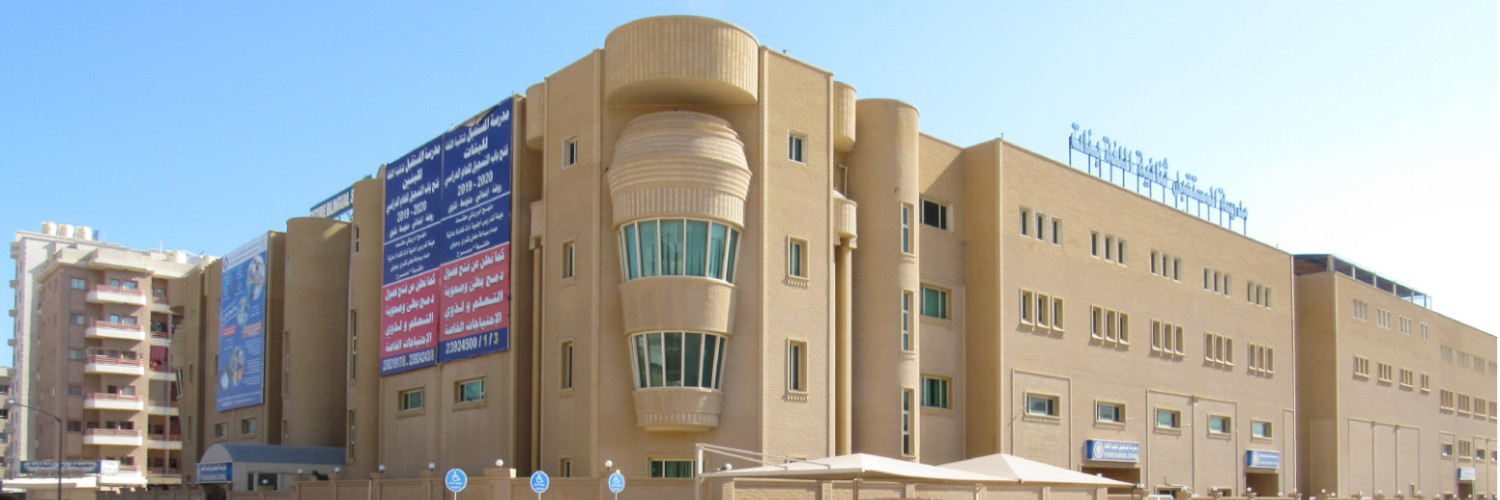The Support System is a whole school planning and support mechanism. It is formed to address the learning needs of students through the coordination, development, implementation, monitoring, and evaluation of educational programs.
A prime function of the Support System is to ensure that the needs of all students in the school are being met.
A key feature of the Support System is the facilitation of collaborative planning between teachers, assistants, parents, and students.
PHYSIOTHERAPY (PT) SUPPORT SYSTEM
• The Physio Therapist uses a holistic approach of looking at each individual as a whole body and providing individual therapy.
• The therapist works to reach the student's full potential by providing physical intervention, advice and support.
• The PT focuses on releasing the tension, pain, and stress that often builds up in mobility-challenged students.
• The focal point is to restore function or minimize dysfunction.
• PT focuses on improving coordination, posture, muscle tone, and balance.
• The PT works in a team and advises the parents.
OCCUPATIONAL THERAPY (OT) SUPPORT SYSTEM
• The Occupational Therapist works on improving the students’ fine motor skills.
• Works to progress hand-eye coordination and body posture while developing self-esteem.
• Assist with self-regulation and sensory processing.
• OT provides therapy to students individually depending on their needs.
• Works in a team and advises the parents.
HYDROTHERAPY (HT) SUPPORT SYSTEM
• Hydrotherapy is part of the PT treatment.
• The physiotherapist carries out exercises in warm water to help:
- relieving pain
- relax and strengthen muscles
- increase circulation
- decrease muscle tone and spasticity
• HT helps with gross motor skills, such as weight-bearing activities.
• It has a positive impact on psychological well-being.
• Therapy is provided to students individually, depending on their needs.
SPEECH THERAPY SUPPORT SYSTEM
• The speech and language therapists work to assess, diagnose, and develop a program of care to maximize the communication potential of the pupils.
• All pupils at FBSSN benefit from individual and group sessions appropriate to their needs with the aim of enabling them to function to the best of their abilities.
• Helping students with different kinds of speech difficulties, as well as language issues like dyslexia and dyspraxia.
• Working on articulation, fluency, resonance for voice, and oral feeding issues.
• Works in a team and advises the parents.
SENSORY INTEGRATION SUPPORT SYSTEM
• The Sensory Room is a therapy area fitted with special lighting, music, and objects that stimulate the students' senses.
• It is particularly designed as an area of relaxation and calmness which encourages movement and communication.
• It helps students improve their visual, auditory, and tactile processing.
• Develops students’ fine and gross motor skills.
• By giving a sense of calmness and comfort, sensory rooms support children to learn to self-regulate their behavior, which ultimately improves focus.
• Facilitation interaction with others.
CONDUCTIVE EDUCATION (CE) SUPPORT SYSTEM
• CE is a dynamic educational program that teaches students how to become active participants in life and has control over their motor functions.
• ACTIVE-ENTRANCE and ACTIVE-DEPARTURE are part of the daily routine.
• Warm up and prepare for the day: How to start a lesson in a Conductive way, correct sitting posture, with breathing and fine manipulation tasks.
• The program improves students’ mobility, coordination, dexterity, and fine manipulation.
• Contributes to significantly reducing deformities and contractures by maintaining and improving the range of movements.
PSYCHOLOGY SUPPORT SYSTEM
• The psychologist develops appropriate therapies and techniques to help with behavioral or social difficulties.
• Carrying psychological assessment and standardized instruments to provide diagnosis and effective therapeutic intervention for a particular diagnosis.
• Provides individual and group therapies whereby the focus is on the enhancement of behavioral, cognitive, and social skills.
• The psychologist works closely with the social worker, the parents, and the Admin, as well as advising the teachers.

